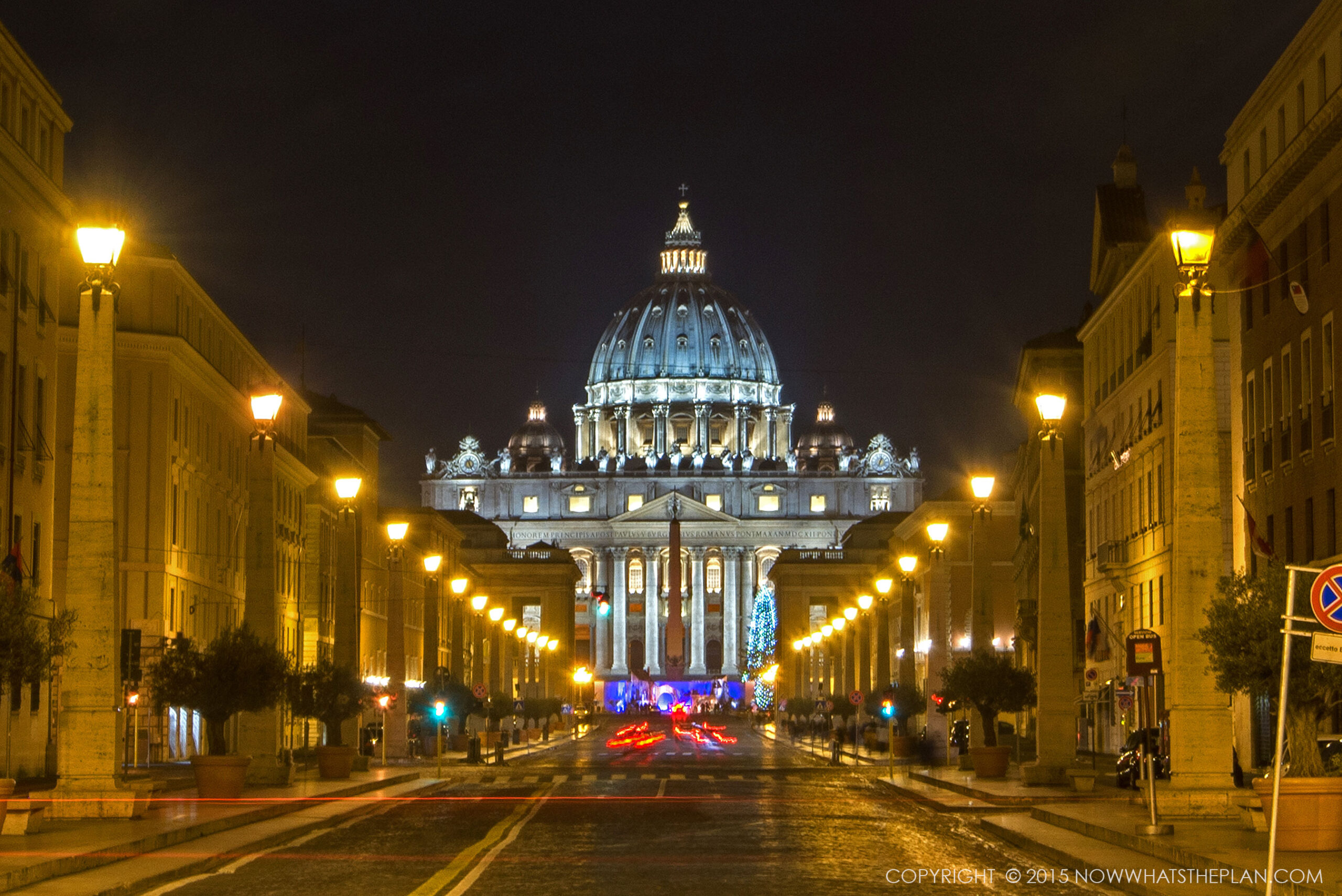St. Ignatius of Antioch was the disciple and close friend of St. John the Evangelist who wrote five books of the New Testament. What would St. Ignatius of Antioch say today to a Protestant or Eastern Orthodox asking him questions about salvation? I composed the following questions, but all of the answers come verbatim from the saint and martyr, Ignatius of Antioch, around the year 100 AD.
How is Jesus with us after His Resurrection?
“I have no taste for corruptible food nor for the pleasures of this life. I desire the bread of God, which is the flesh of Jesus Christ, who was of the seed of David; and for drink I desire his blood, which is love incorruptible.” (Letter to the Romans 7:3 [A.D. 110]).
“Take note of those who hold heterodox [heretical] opinions on the grace of Jesus Christ which has come to us, and see how contrary their opinions are to the mind of God. . . . They abstain from the Eucharist and from prayer because they do not confess that the Eucharist is the flesh of our Savior Jesus Christ, flesh which suffered for our sins and which that Father, in his goodness, raised up again. They who deny the gift of God are perishing in their disputes” (Letter to the Smyrnaeans 6:2-7:1 [A.D. 110]).
Is Salvation in the Church or in a Book?
“Be not deceived, my brethren: If anyone follows a maker of schism he does not inherit the kingdom of God; if anyone walks in strange doctrine he has no part in the passion [of Christ]. Take care, then, to use one Eucharist, so that whatever you do, you do according to God: For there is one flesh of our Lord Jesus Christ, and one cup in the union of his blood; one altar, as there is one bishop, with the presbytery and my fellow servants, the deacons” (Letter to the Philadelphians 3:3-4:1 [A.D. 110]).
Must one be in union with the Catholic Church?
“Make certain, therefore, that you all observe one common Eucharist; for there is but one Body of our Lord Jesus Christ, and but one cup of union with his Blood, and one single altar of sacrifice-even as there is also but one bishop, with his clergy and my own fellow servitors, the deacons. This will ensure that all your doings are in full accord with the will of God” (Letter to the Philadelphians 4 [A.D. 110]).
“Let no one do anything of concern to the Church without the bishop. Let that be considered a valid Eucharist which is celebrated by the bishop or by one whom he ordains [i.e., a presbyter]. Wherever the bishop appears, let the people be there; just as wherever Jesus Christ is, there is the Catholic Church” (Letter to the Smyrneans 8:2 [A.D. 110]).
But does “Catholic” mean Universal or Roman?
“Ignatius . . . to the church also which holds the presidency, in the location of the country of the Romans, worthy of God, worthy of honor, worthy of blessing, worthy of praise, worthy of success, worthy of sanctification, and, because you hold the presidency in love, named after Christ and named after the Father” (Letter to the Romans 1:1 [A.D. 110]).
“You [the church at Rome] have envied no one, but others you have taught. I desire only that what you have enjoined in your instructions may remain in force” (Letter to the Romans 3:1 [A.D. 110).
